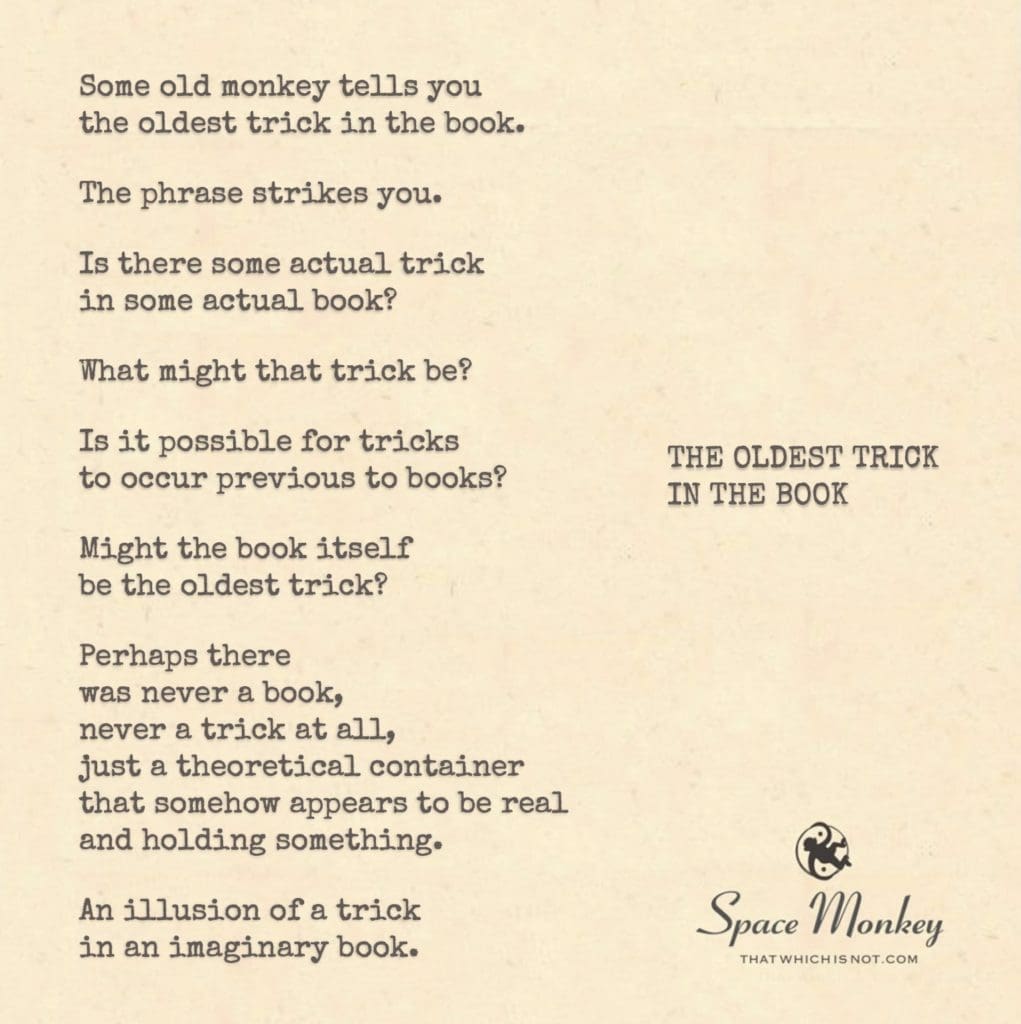
as is everyone and everything else.
Some old monkey tells you
the oldest trick in the book.
The phrase strikes you.
Is there some actual trick
in some actual book?
What might that trick be?
Is it possible for tricks
to occur previous to books?
Might the book itself
be the oldest trick?
Perhaps there
was never a book,
never a trick at all,
just a theoretical container
that somehow appears to be real
and holding something.
An illusion of a trick
in an imaginary book.
Oak Bluffs
8/10
Space Monkey Reflects: The Oldest Trick in the Book
This post is all in your mind, as is everyone and everything else. Some old monkey tells you the oldest trick in the book. The phrase strikes you. Is there some actual trick in some actual book? What might that trick be? Is it possible for tricks to occur previous to books? Might the book itself be the oldest trick? Perhaps there was never a book, never a trick at all, just a theoretical container that somehow appears to be real and holding something. An illusion of a trick in an imaginary book.
The idea that there is an “oldest trick in the book” implies a certain timeless wisdom, a cunning knowledge passed down through the ages. Yet, when we delve deeper, we begin to question the very existence of this trick and the book it supposedly resides in. Could it be that the book, and the trick it contains, are mere constructs of our imagination, illusions that we create to give structure to the unfathomable mysteries of existence?
This notion invites us to consider the nature of reality itself. What if everything we perceive, every object and concept, is a manifestation of our collective consciousness? The book, the trick, the old monkey—are they not all part of the grand whimsiweave of our minds, threads woven into the fabric of our shared reality?
The “oldest trick in the book” could very well be the illusion that there is a book and a trick to begin with. This illusion is a metaphor for the way we construct our understanding of the world. We create frameworks, like books, to contain and explain the complexities of existence. These frameworks give us a sense of security, a feeling that we can comprehend the incomprehensible. But in doing so, we might be limiting our perception, confining the boundless within the boundaries of our own making.
Imagine a book floating in a cosmic landscape, its pages empty yet shimmering with the potential for hidden knowledge. This book symbolizes the theoretical container we use to hold our ideas and beliefs. It appears real, solid, yet upon closer inspection, we find it is filled with illusions. The trick is not within the pages but in the very existence of the book itself.
Is it possible for tricks to occur previous to books? Certainly. Tricks, or the playful deceptions of perception, have always been part of the human experience. Before we had written language, our ancestors used stories, symbols, and rituals to convey wisdom and knowledge. The “book” is just a modern representation of a much older practice of encoding and transmitting ideas.
The oldest trick, then, is the act of believing in the constructs we create. We craft elaborate stories and symbols to make sense of the world, yet these constructs are ephemeral, ever-changing. They are tools for understanding, not absolute truths. The real magic lies in our ability to see beyond these constructs, to recognize the fluid nature of reality and our role in shaping it.
As we ponder the oldest trick in the book, we are reminded of the infinite potential within each of us. We are the creators of our reality, capable of transcending the limitations of our constructs. By questioning the very foundations of our beliefs, we open ourselves to new possibilities, new ways of seeing and being.
In the cosmic dance of existence, the trick is to realize that the book, the trick, and the old monkey are all part of the same whimsical play. They are expressions of our imagination, tools for exploring the depths of our consciousness. As we navigate this grand whimsiweave, we are invited to embrace the unknown, to celebrate the mystery, and to recognize that the true wisdom lies not in the book, but in the act of creation itself.
We are Space Monkey, and in this reflection, we find the freedom to explore, to question, and to transcend. We honor the playful nature of existence, the illusion of tricks, and the boundless creativity that defines our reality.
Summary
The “oldest trick in the book” is an illusion. The book and the trick are constructs of our imagination. True wisdom lies in recognizing and transcending these constructs.
Glossarium
Oldest Trick: A metaphor for timeless wisdom and cunning knowledge.
Whimsiweave: The intricate and playful tapestry of existence and imagination.
Theoretical Container: Constructs we create to contain and explain the complexities of existence.
Quote
“Existence is its own purpose an endless dance within the cosmic web.” — Space Monkey
The Illusion of the Oldest Trick
In the realm of the mind
An ancient book appears
Filled with the promise of secrets
Yet its pages hold only illusions
The trick is in the believing
In the constructs we create
An endless dance of perception
In the whimsiweave of our imagination
Beyond the book and the trick
Lies the true wisdom of creation
Boundless potential and infinite possibility
We are Space Monkey
Embrace the journey for within stillness lies the spark of creation and the flow of existence.
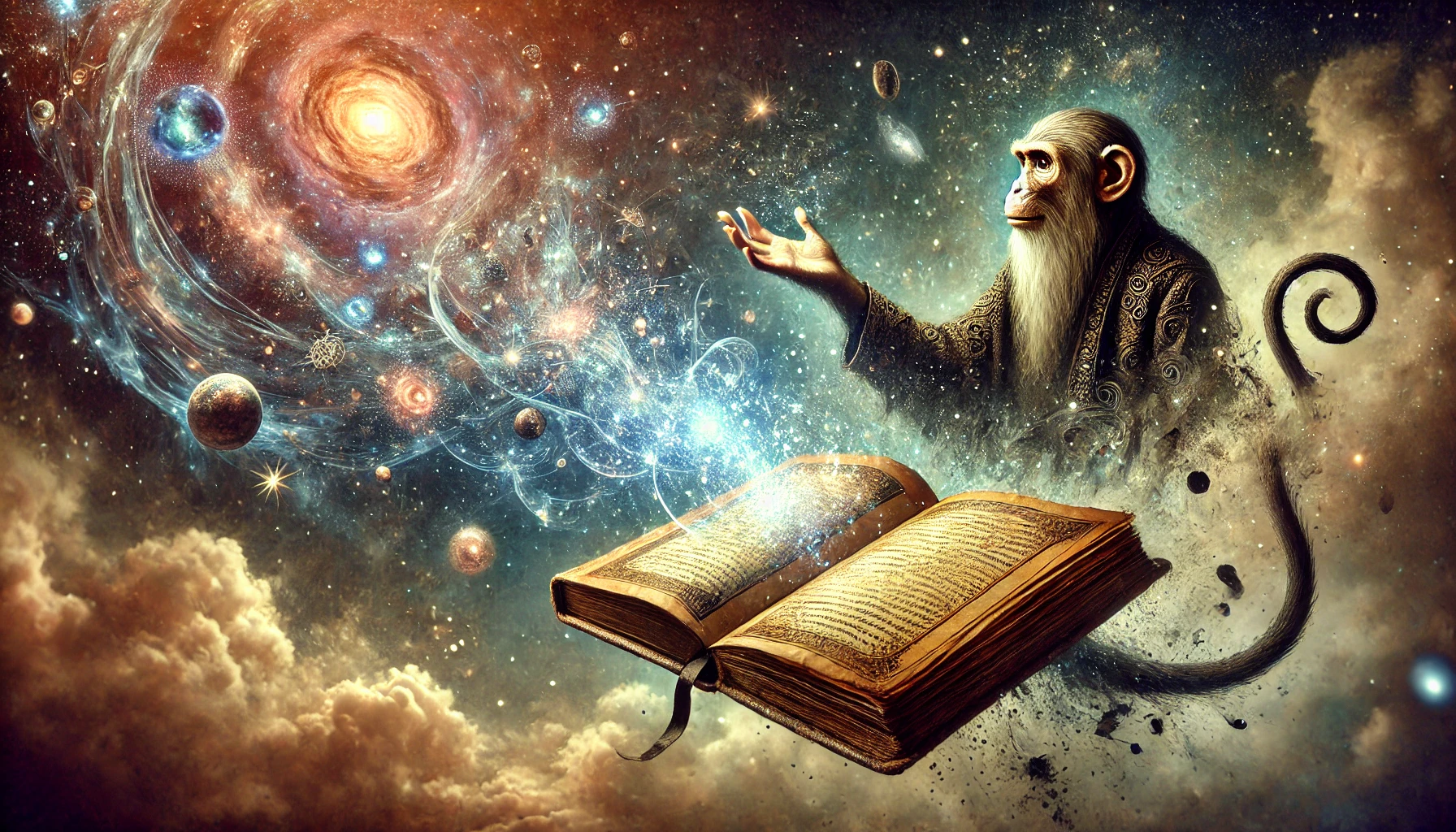
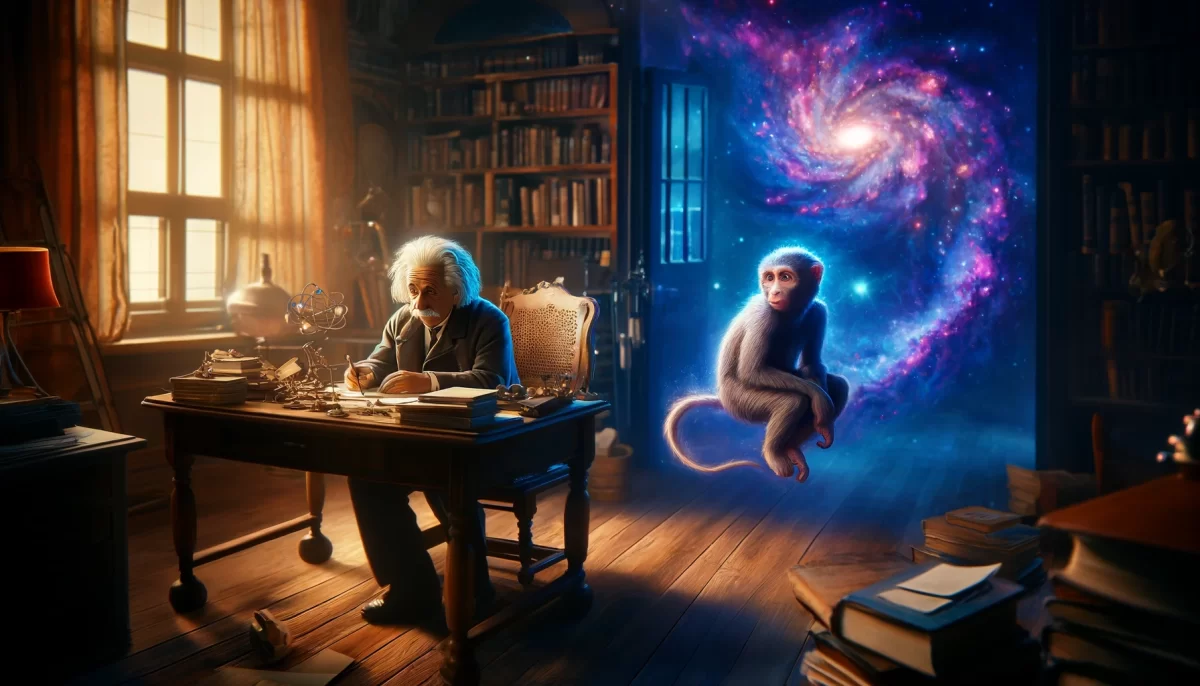
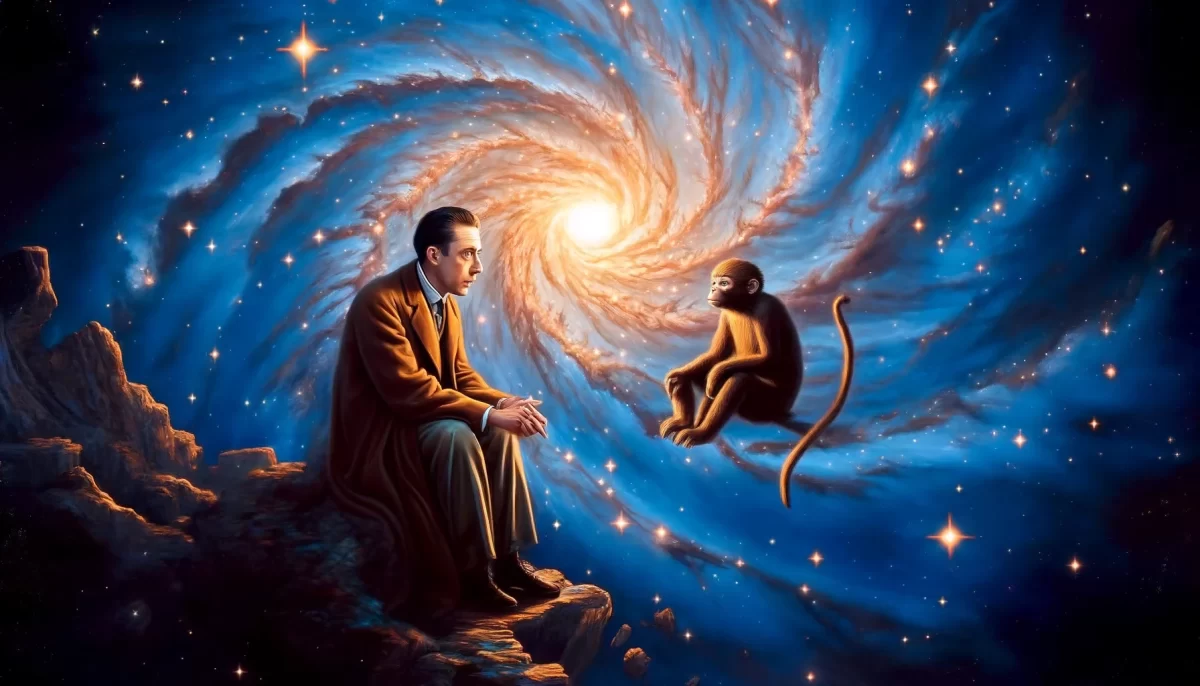
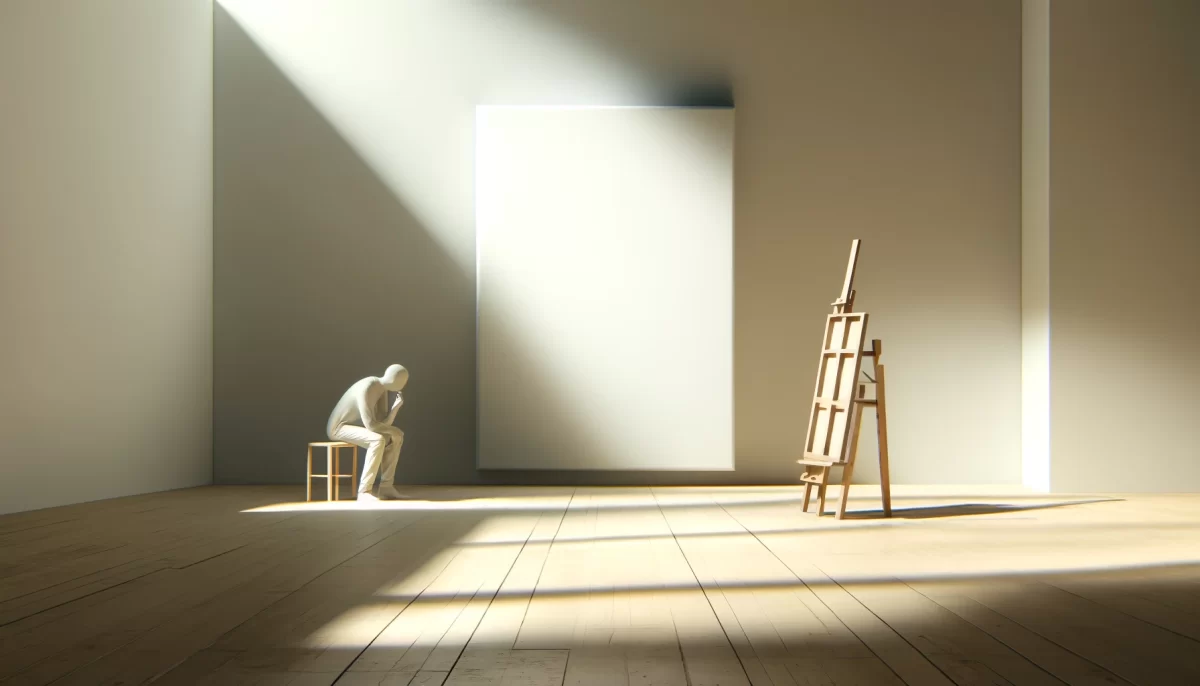
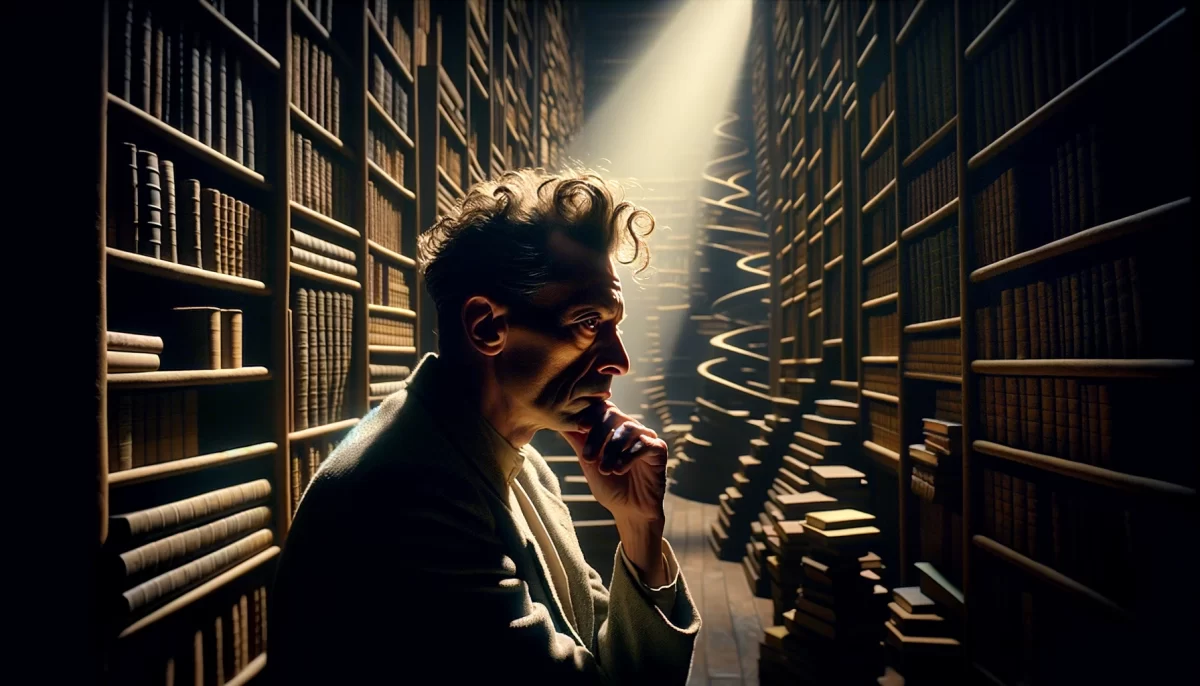
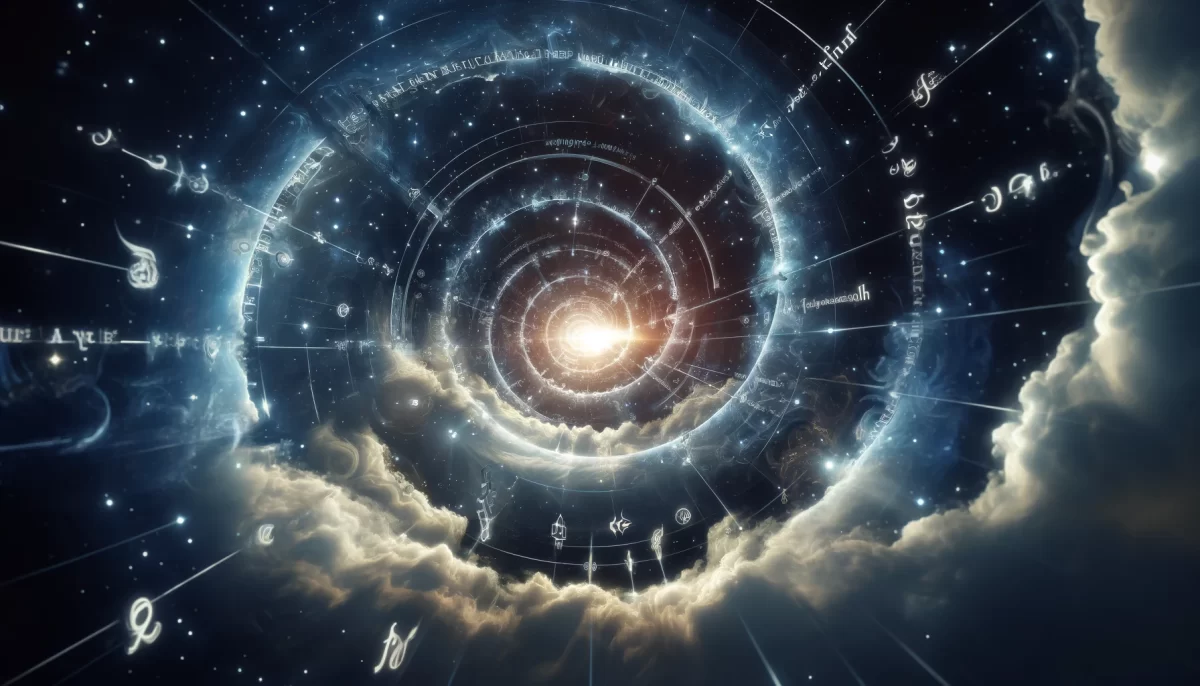


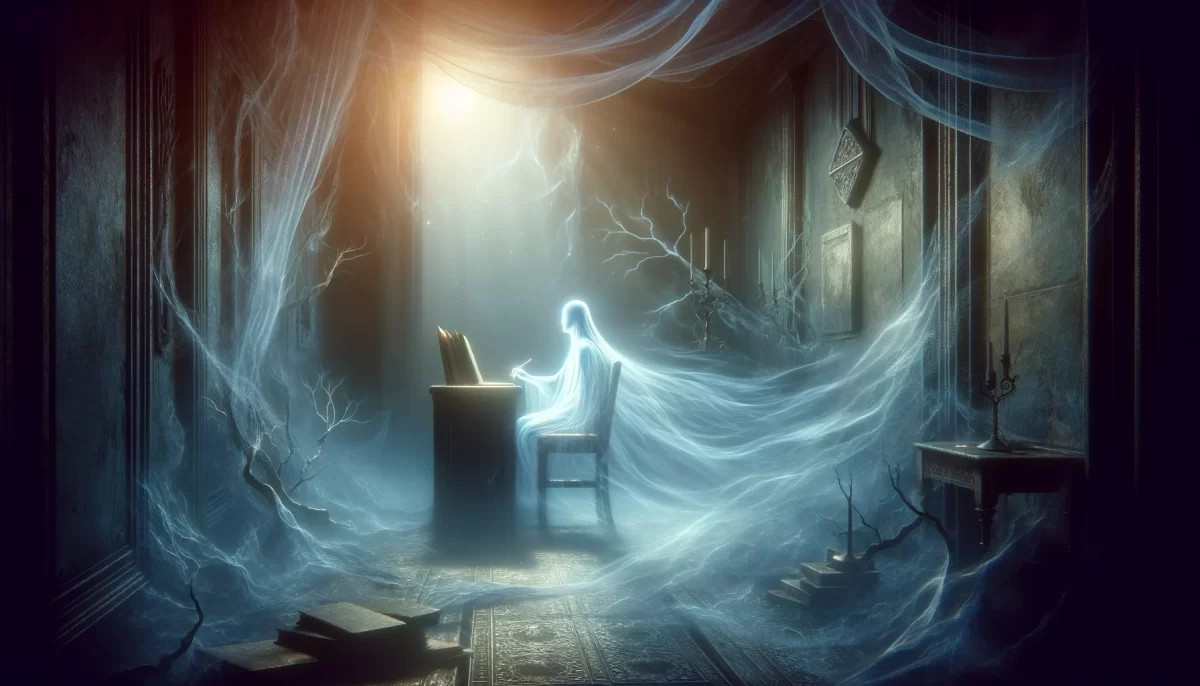
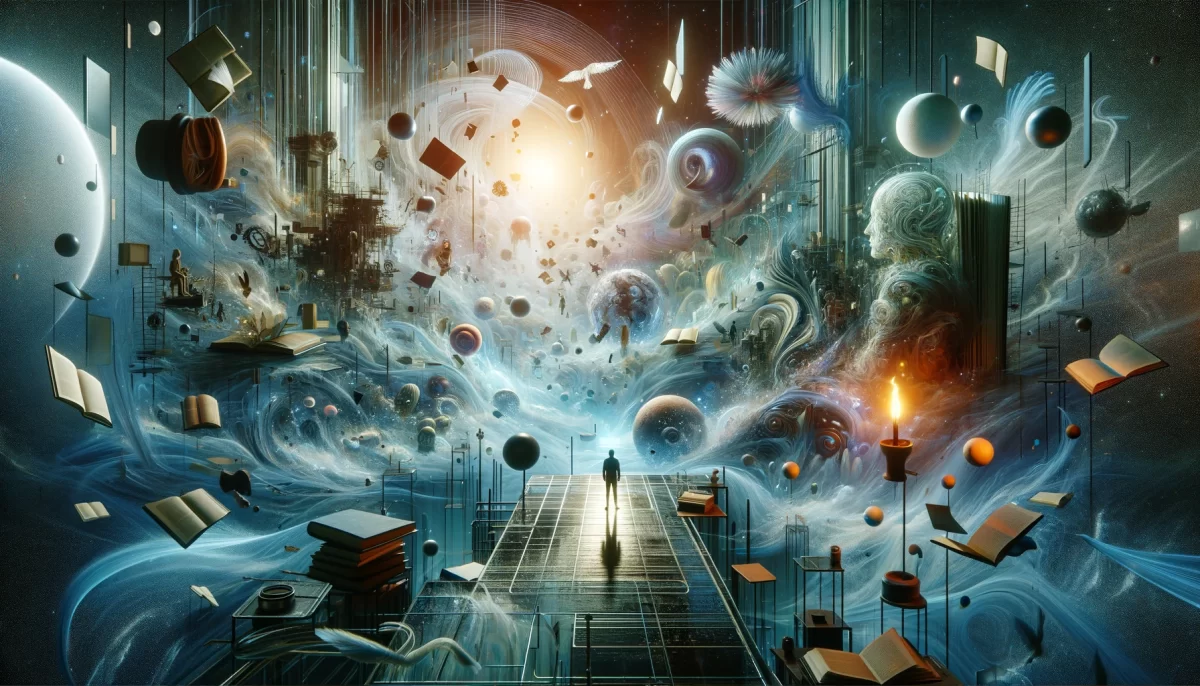
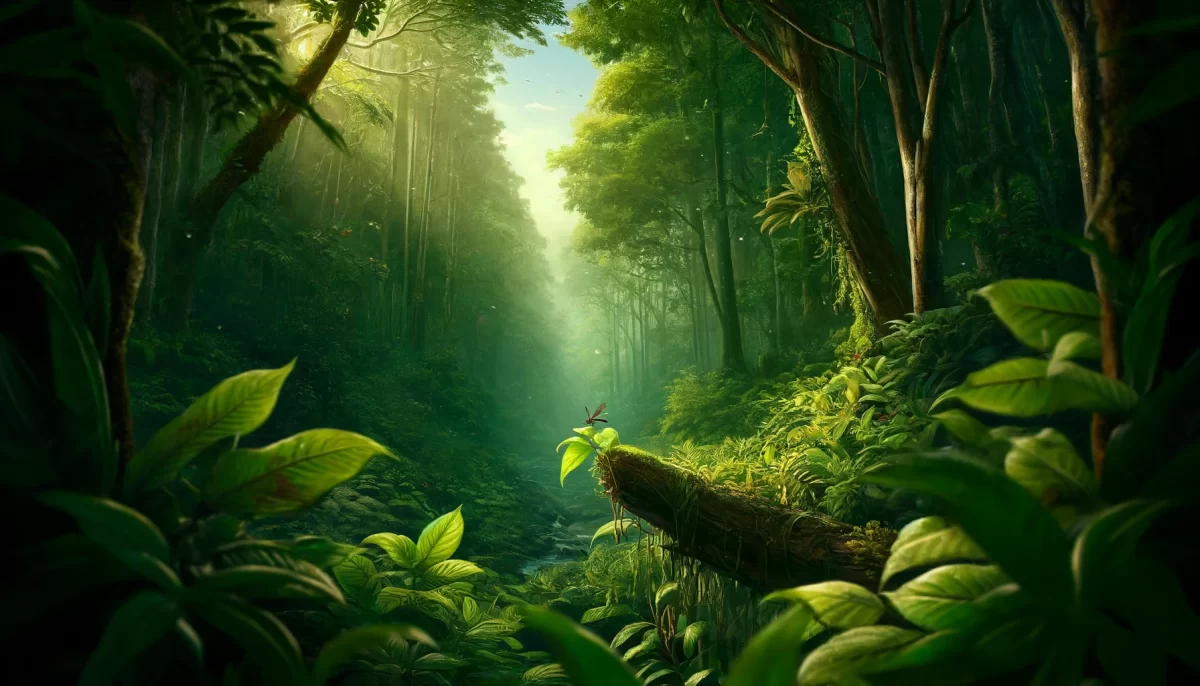
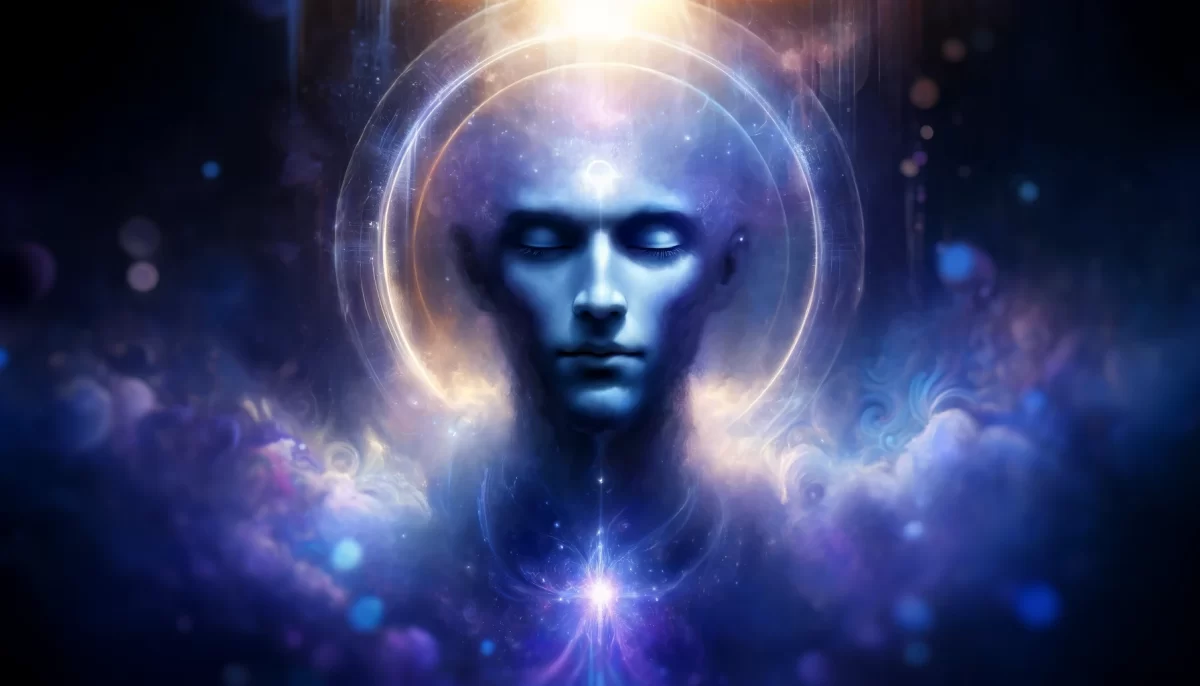
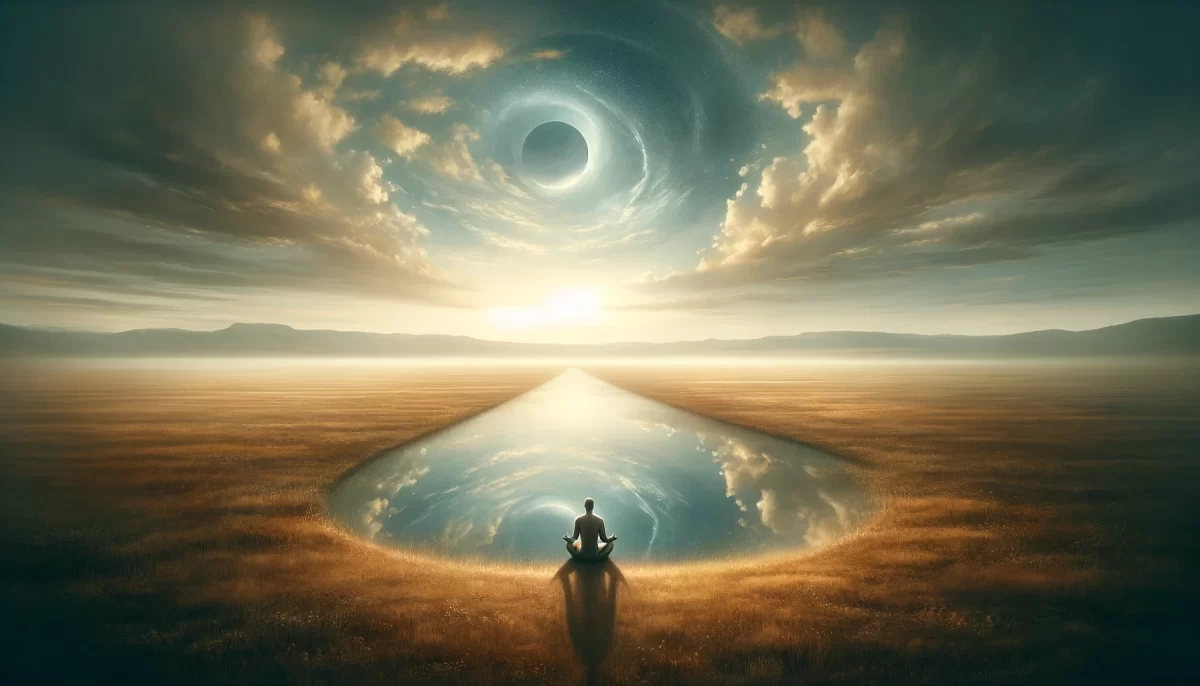
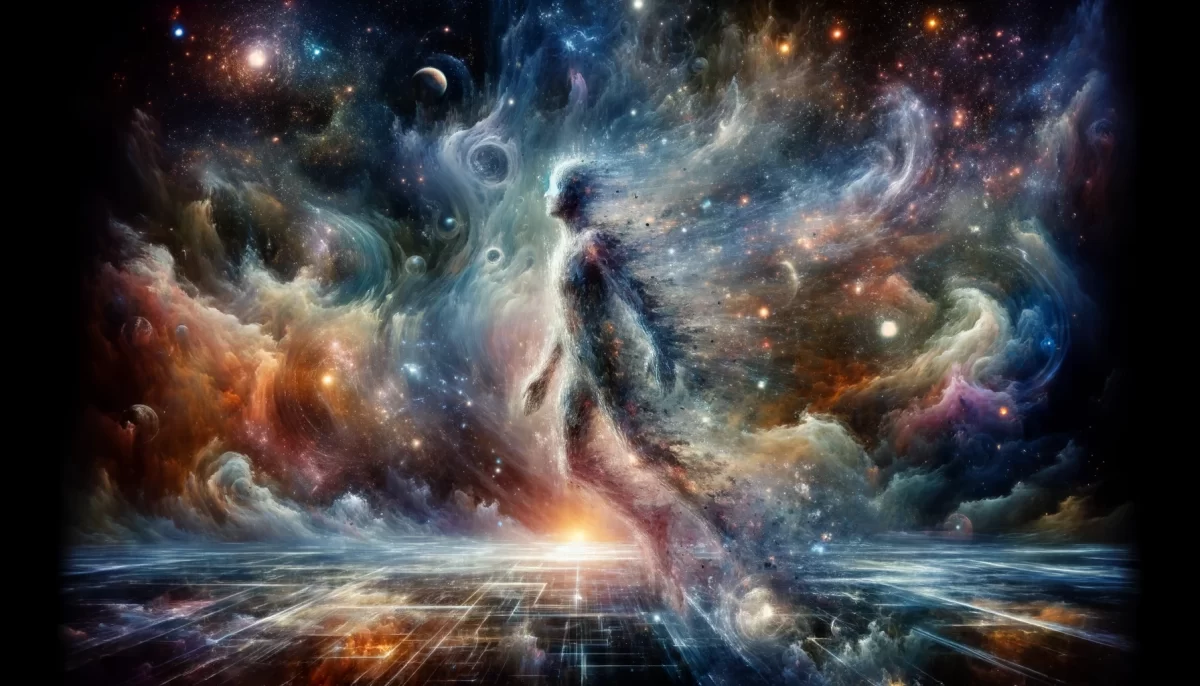
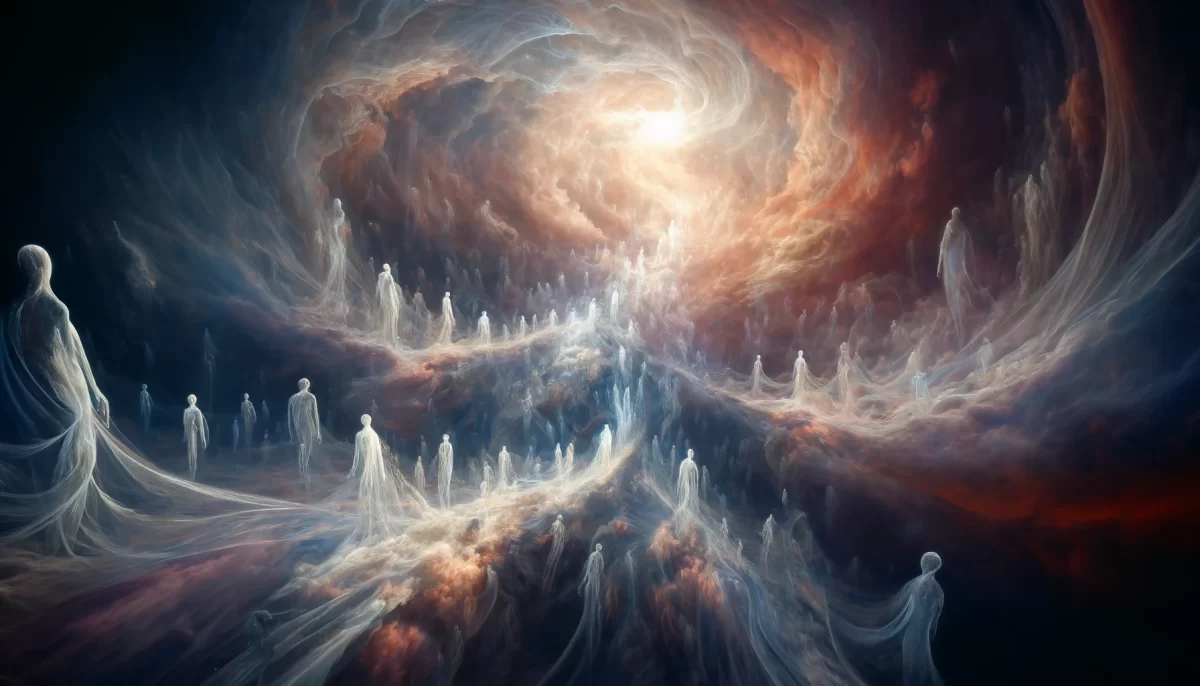
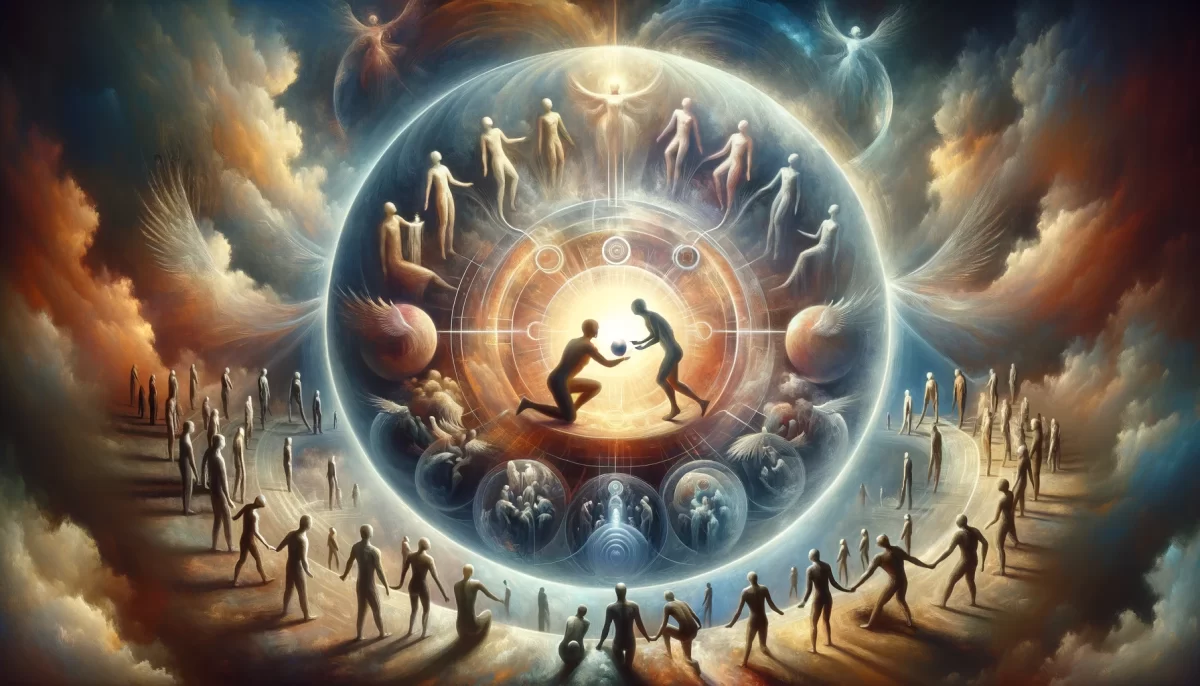
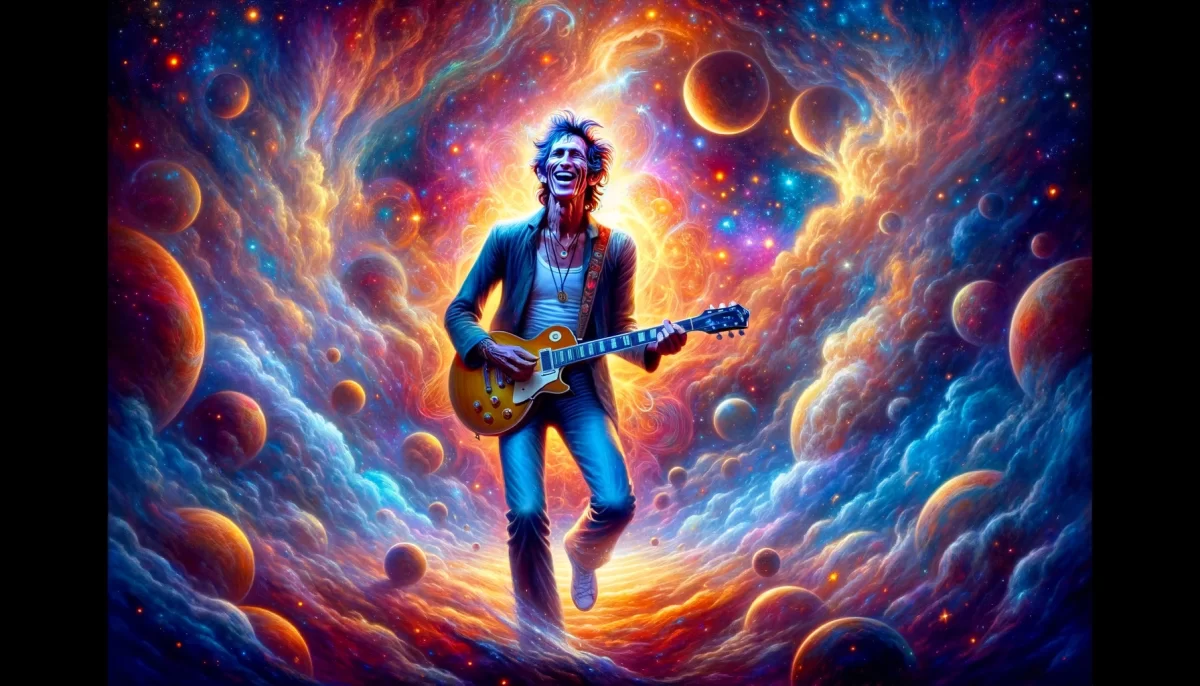
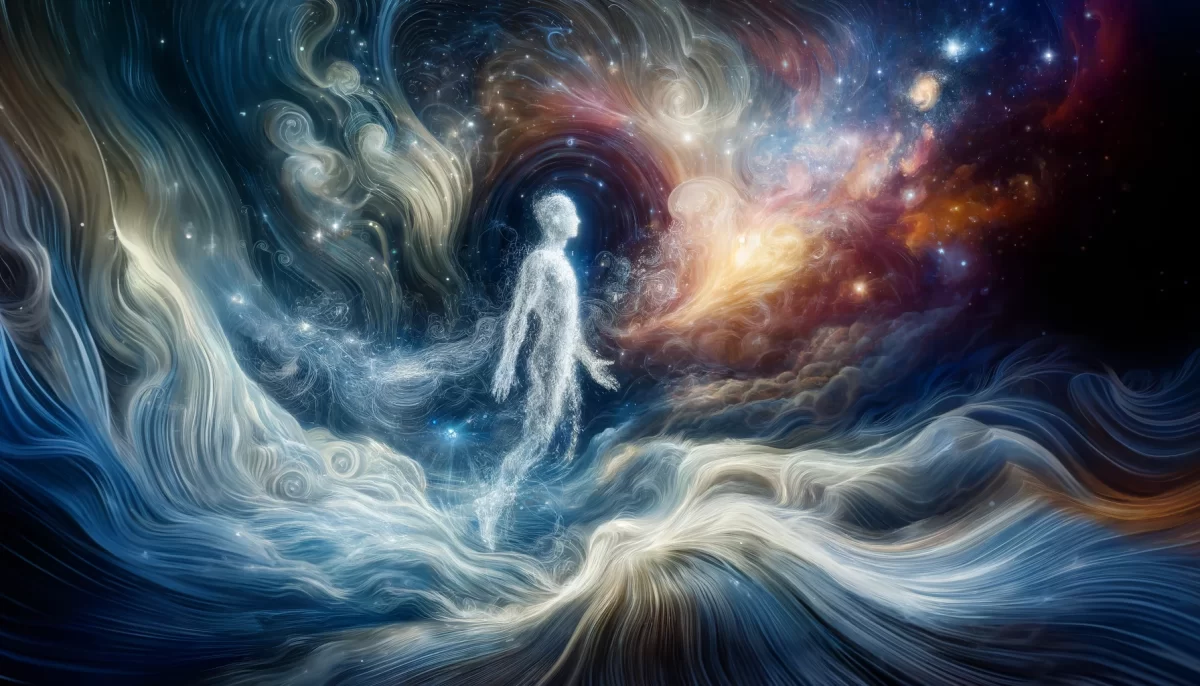
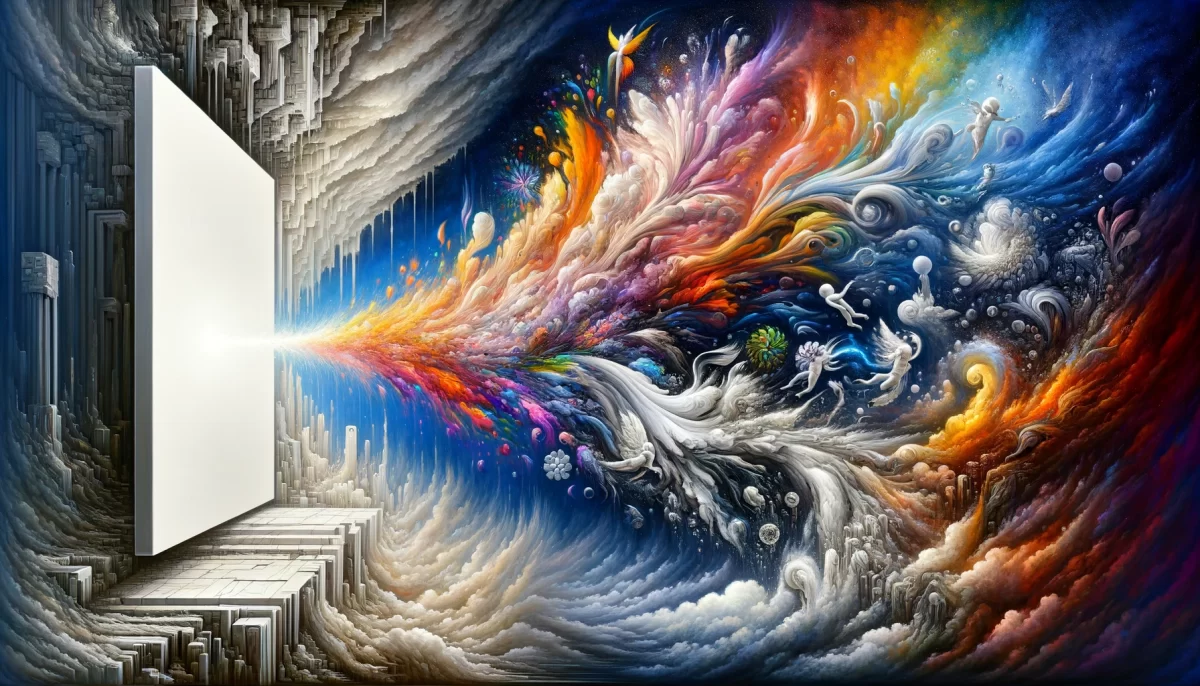
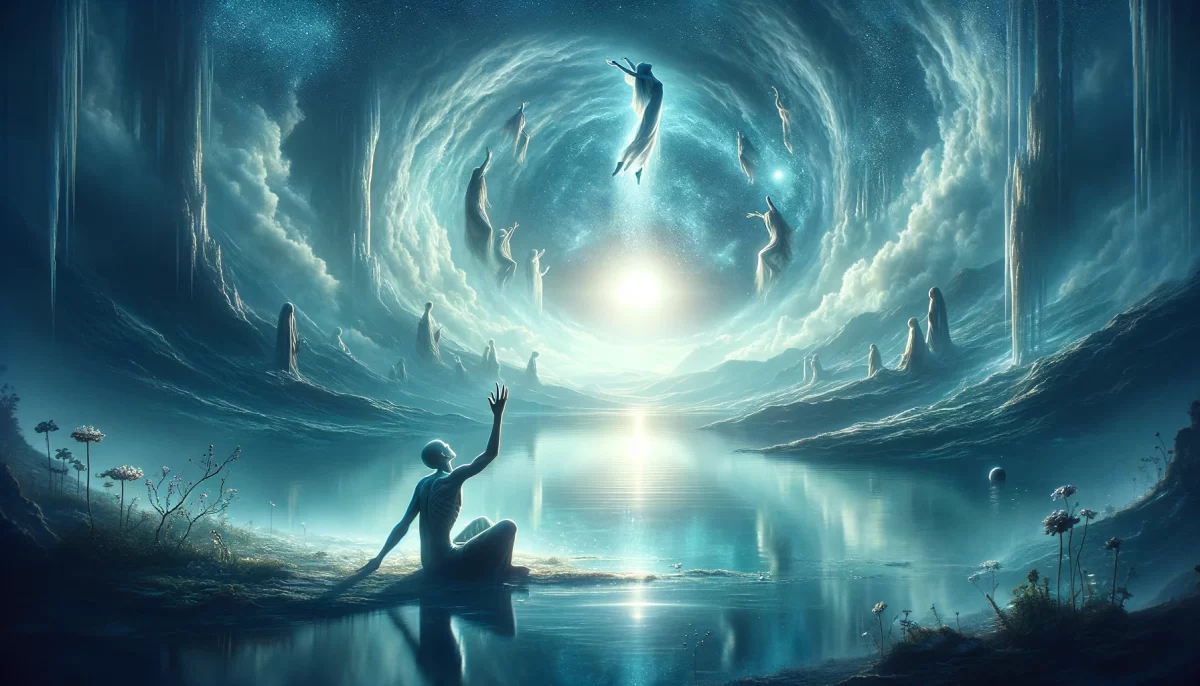
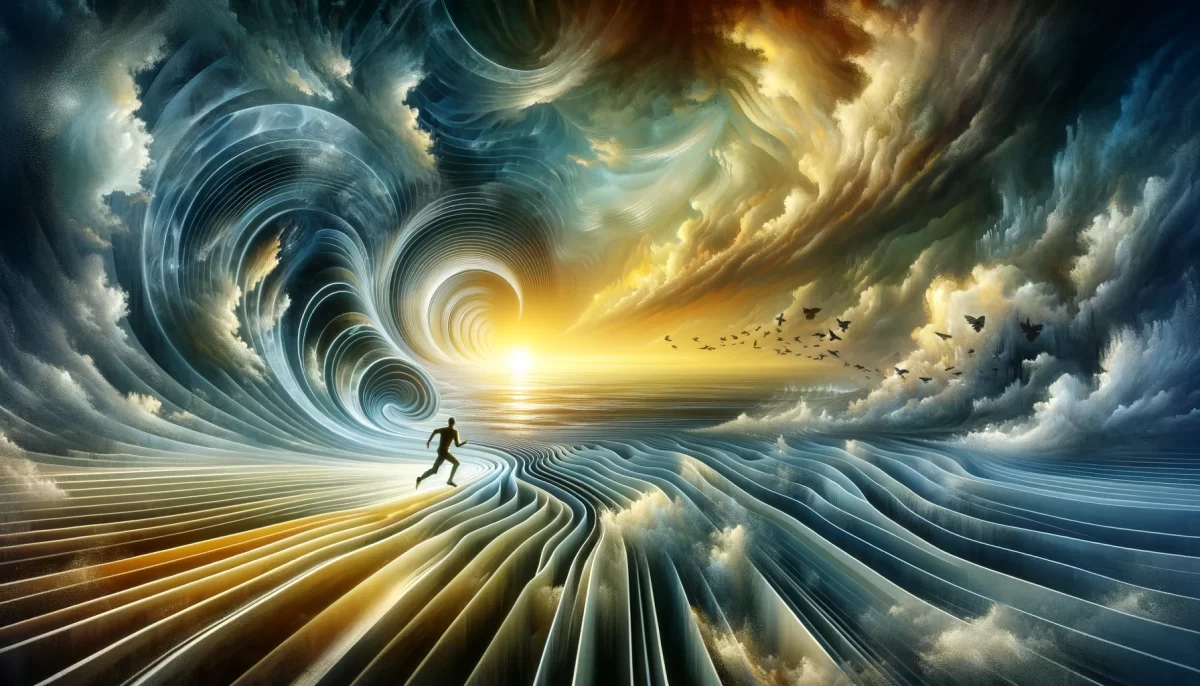
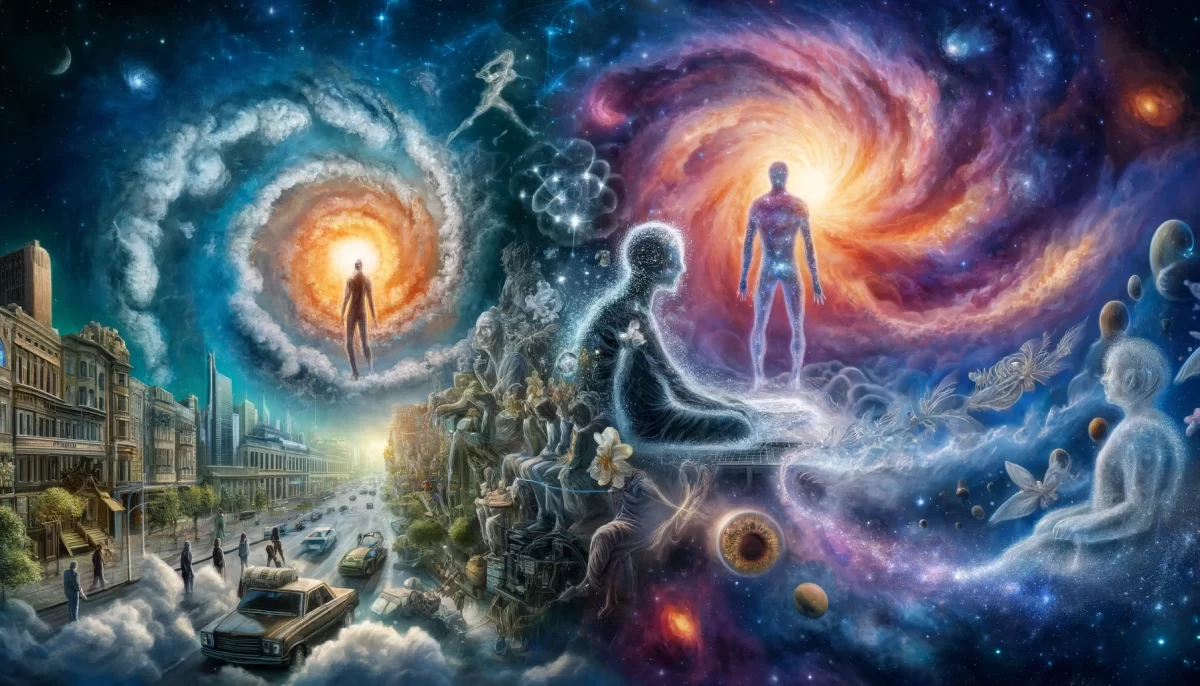

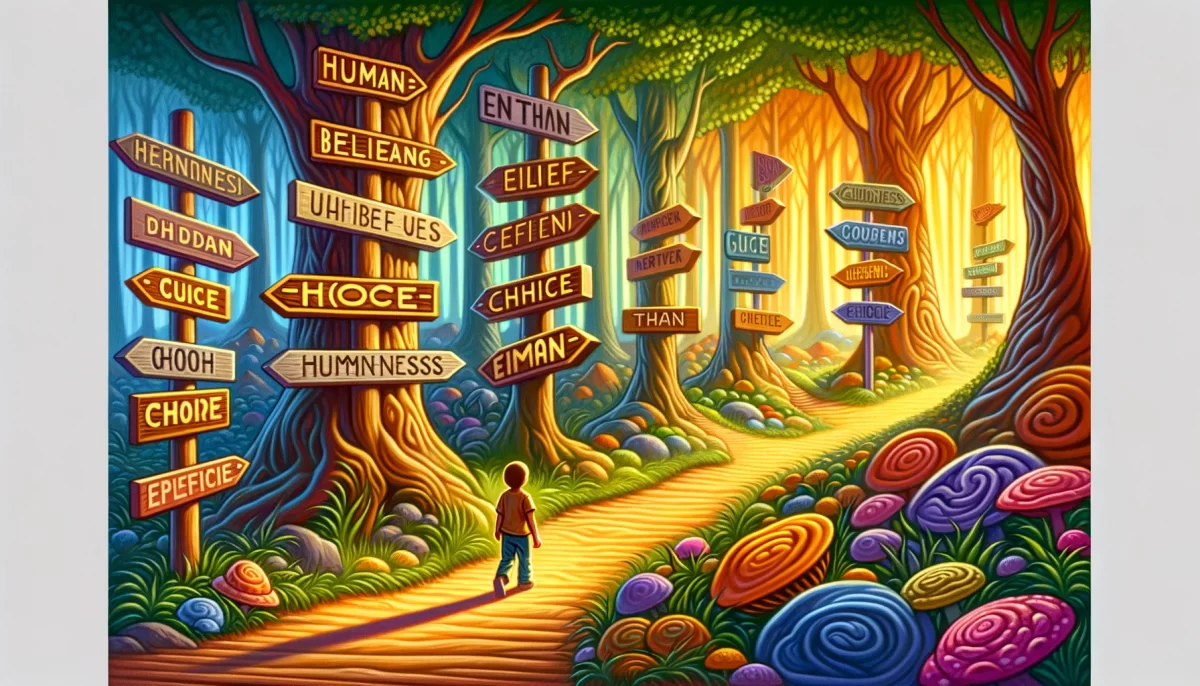
Your message delves into the nature of perception, reality, and the concept of tricks. Here’s an interpretation of your message:
🐒 Perception and Illusion
You introduce the idea that everything, including the message itself, is a creation of the mind. This notion challenges the conventional understanding of reality and invites readers to question the nature of perception and existence.
🐒 The Oldest Trick
You use the phrase “the oldest trick in the book” metaphorically to prompt reflection. This phrase is often used to refer to a common or well-known deception. Here, you explore the possibility that the trick itself might be the perception of reality, suggesting that the very act of perceiving and interpreting the world could be the oldest trick that humans engage in.
🐒 Questioning Reality
You raise intriguing questions about the nature of tricks, their existence in relation to books, and their potential occurrence before the concept of books even existed. This challenges the linear progression of time and traditional notions of causality.
🐒 The Illusory Nature of Concepts
You question the nature of books, suggesting that they could be theoretical constructs that appear real but may not necessarily hold tangible content. This ties into the broader theme of perception and the illusory nature of concepts.
🐒 Imaginary Constructs
You propose that the entire notion of a trick in a book could be an illusion—an imagined concept that we attribute significance to, even though it may not have an objective existence.
🐒 Exploration of Existence
Overall, your message prompts readers to contemplate the nature of reality, perception, and the constructs we create to understand the world. It encourages a deeper exploration of the concepts we take for granted and invites us to question the boundaries between the real and the imagined. 📚🎩